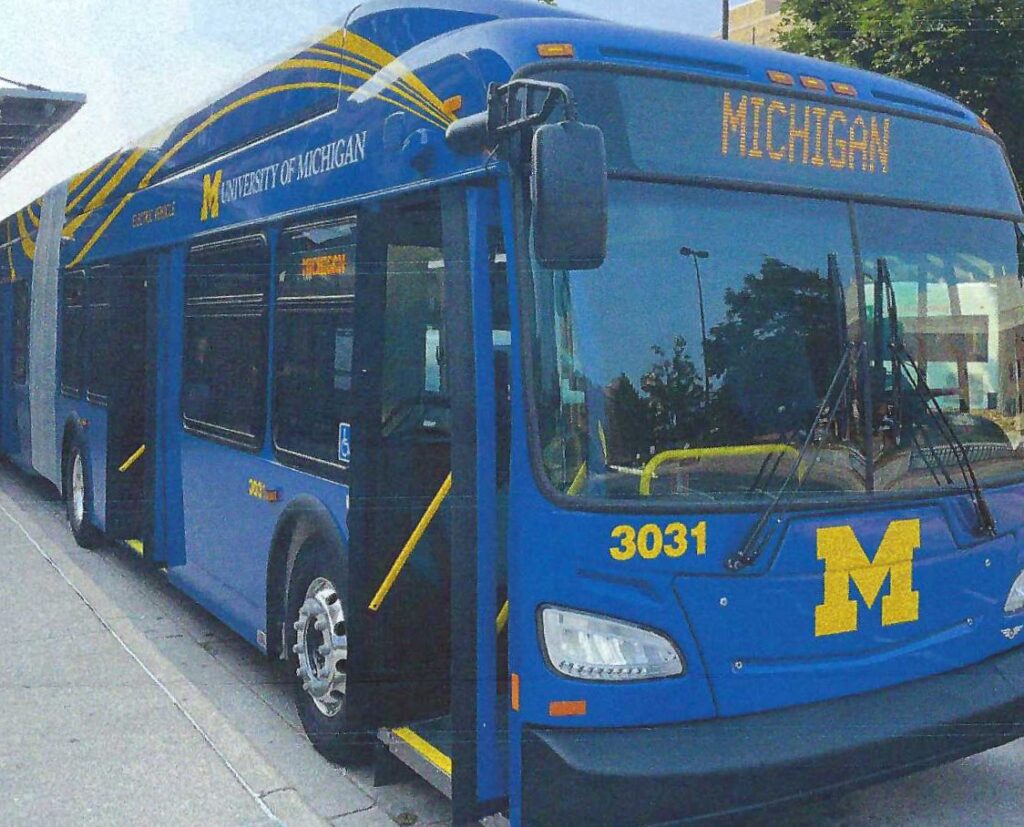Commentary
I apologize. This is intended to be a conservative political blog, but I am simply tired of writing about the corruption of our current president and his inadequacies, the outlook for former President Trump and the other wannabe’s, the sorry state of our sovereignty with the open border, assisting Ukraine and now Israel, and of course the lack of unity among Republicans in the U.S. House of Representatives.
The “change” I refer to is climate change, a subject I have been avoiding for lack of anything worthwhile to cover. That has changed.
“Offshore wind turbines – those are the magical solution to all our energy problems. The wind is clean and free. And way out in the ocean – where you can barely see the towers – the wind blows steadily almost all the time.
“Just put a few turbines to catch the breezes, and those evil fossil fuels will quickly be banished.”
“Anyway, that has been the talk for at least three decades,” wrote fellow blogger France Menton in his update of offshore wind projects in the mid-Atlantic and New England. “After 30 years of talk, the number of actual functioning wind turbines out the Atlantic Ocean off the U.S. coast is now exactly seven: five off Block Island (part of Rhode Island) and two off Virginia.”
Those turbines provide some tiny fraction of one percent of the electricity for the mid-Atlantic states and New England.
Now, get this. The Biden administration has plans to facilitate 30,000 megawatts of new offshore wind capacity by 2030, requiring the equivalent of 1,000 Block Island projects.
Even if that could be achieved – and I don’t believe it can – 30,000 megawatts is miniscule when you consider the fact that the U.S. has some 1.3 million megawatts of electricity generation capacity. So, the 30,000 would add between two and three percent of existing capacity, according to the American Public Power Association.
When you consider that wind turbines only function about 30 to 40 percent of the time optimistically over the year, that would reduce the generation to somewhere between 9,000 and 12,000 MW.
Now we are learning about huge cancellation fees being paid for abandoning wind projects: Shell and Ocean Winds North America agreed to pay $60 million to cancel contracts to sell power to Massachusetts; and Avangrid agreed to pay $48 million to cancel its contract with Massachusetts.
Inland wind turbines are struggling, too. Adding to the complaints of turbine noise and those flashing lights on top are new concerns for wildlife. We have heard about the loss of birds, but more recently – in Brazil – turbine installations have upset the habitats of jaguars and pumas.
“The only thing dumber than onshore wind energy is offshore wind energy.” Robert Bryce, blogger.
As if the wind turbines themselves were the only concern, we are now told that 49.7 million miles of transmission lines need to be built or replaced by 2040 to achieve the net-zero emissions goal by 2040.
Unlike fossil fuel and nuclear plants, solar and wind projects are typically many miles from population centers. This means long transmission lines, some undersea to take power from offshore towers. Add to the dilemma news that the increase in transformers will cause delivery problems for EV charging stations as they both use specialized steel.
Go Blue Electric Buses
Surely, you recall the comforting projections of emission-cutting electric buses by both President Biden and Vice President Harris.
Away from Big Blue’s success on the gridiron at the University of Michigan, a group of students established “Planet Blue,” an approach to addressing climate change issues.
After spending millions of dollars, including the purchase of four electric buses, a Climate Action report from “Planet Blue” revealed that their investments in its renewable energy project, did not yield even a slight reduction in greenhouse gas emissions throughout the most recent fiscal year.
Even so, the brightly painted buses in Ann Arbor and on-campus will continue to show the university’s commitment to embracing its climate change agenda.
The report did not identify the manufacturer of the buses. You may recall that Proterra, the company that received funds from the $5.5 billion in the Inflation Reduction Act, declared bankruptcy. Jackson, Wyoming purchased eight electric buses from Proterra at a cost of $1 million each and are now unable to get replacement parts. Jackson also discovered that the buses did not work well in winter weather.
May God continue to bless the United States of America as we struggle to overcome struggles domestically and internationally.






